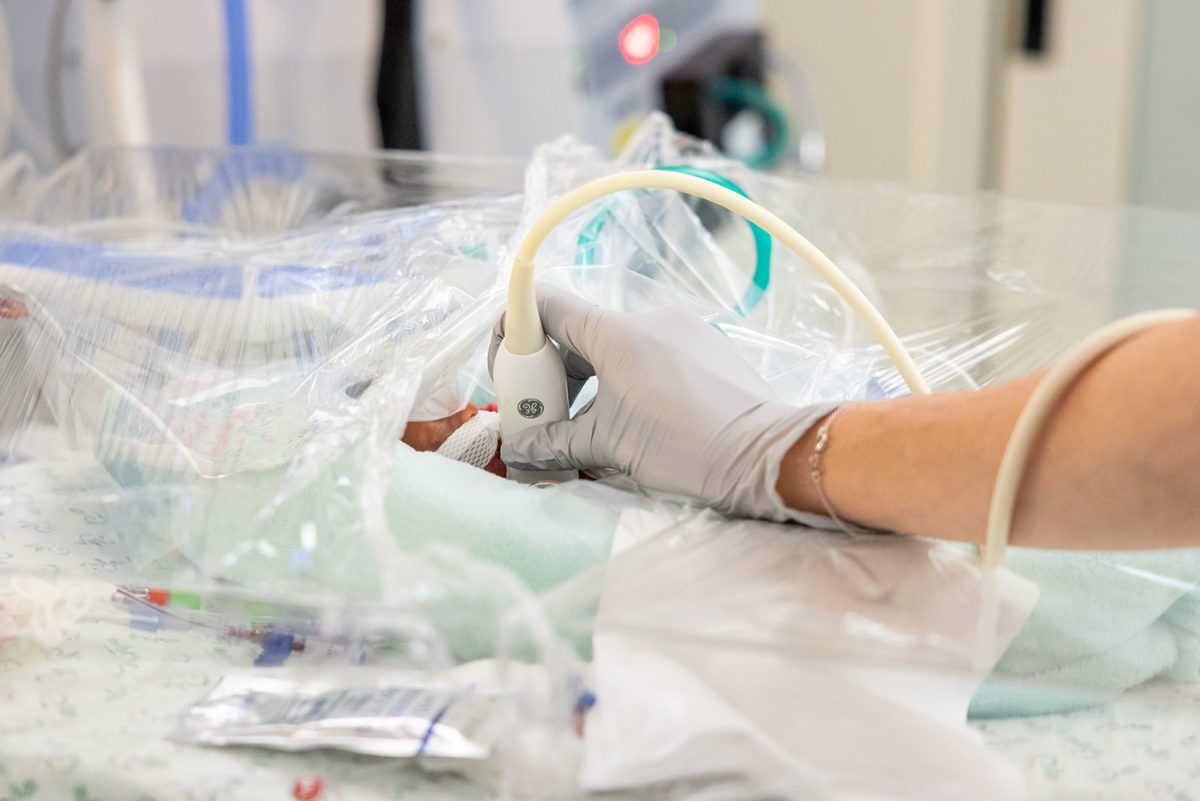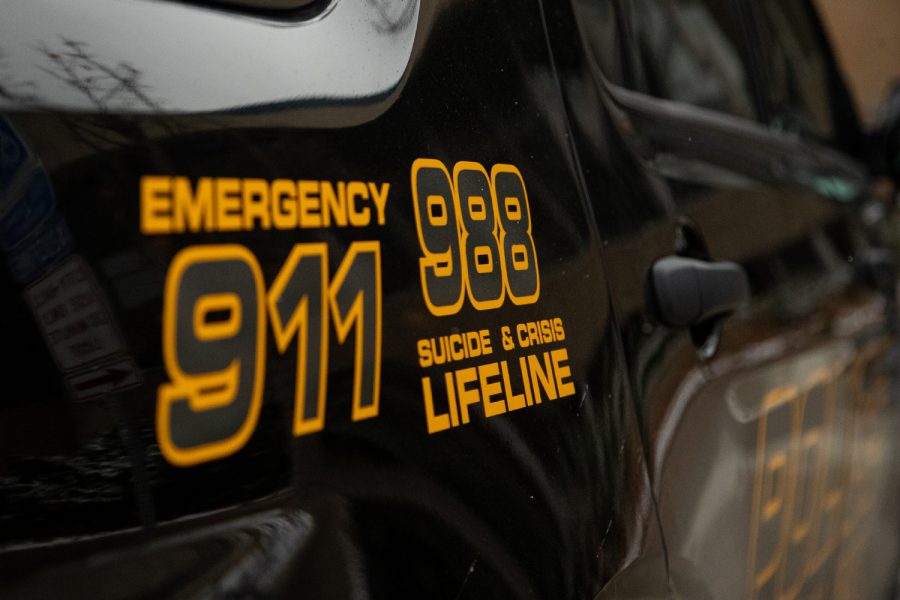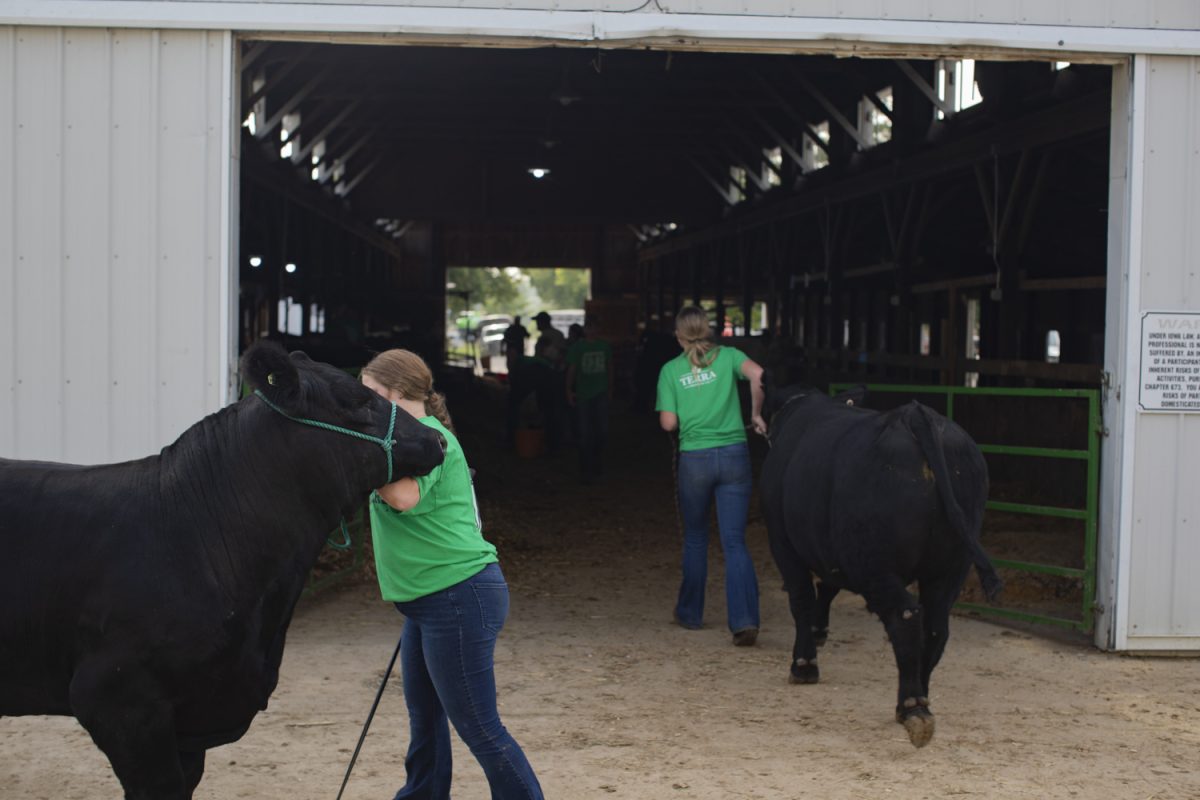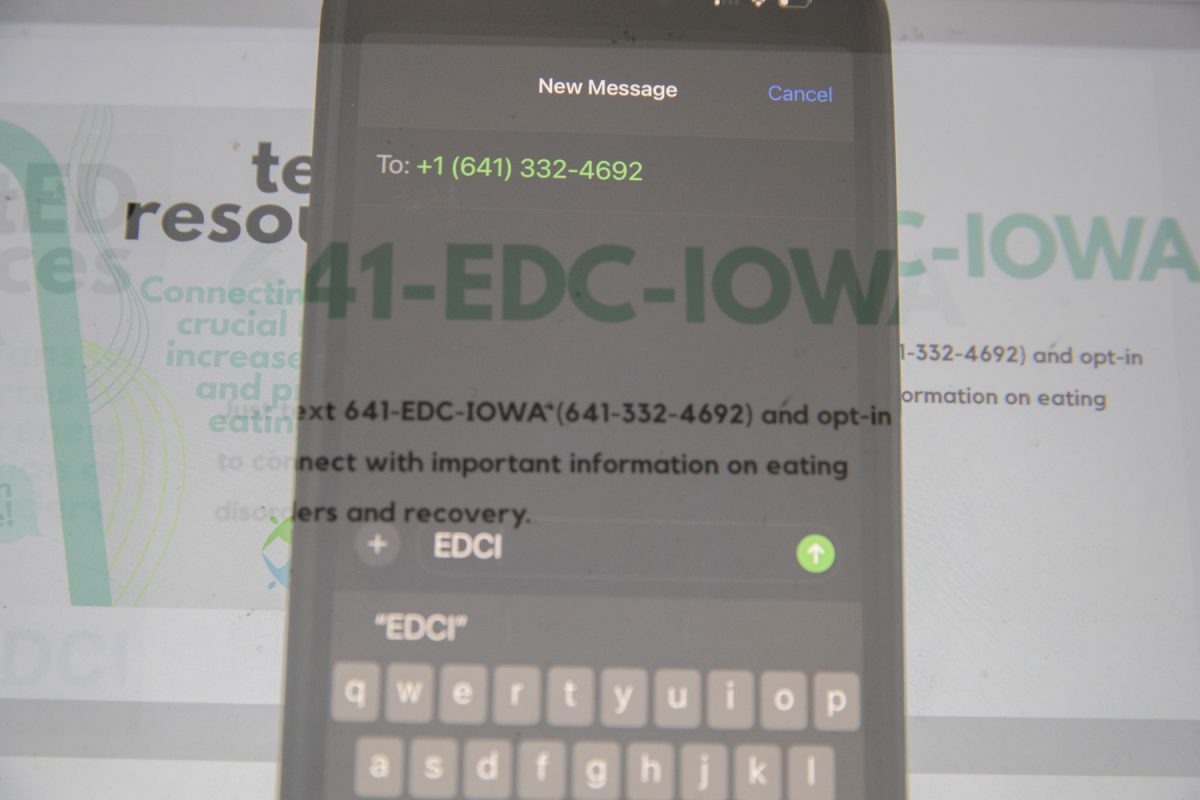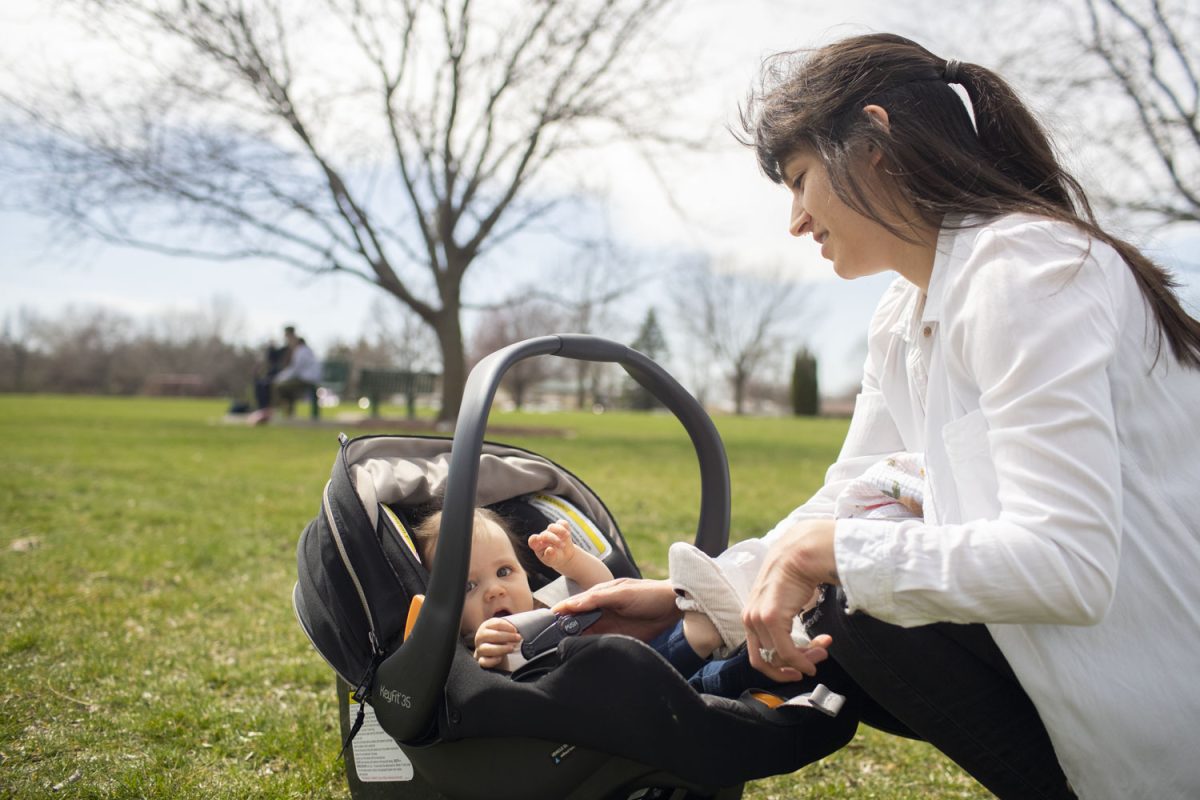As a neonatology trainee Adrianne Bischoff, a University of Iowa clinical assistant professor of pediatrics in neonatology, encountered numerous sick infants at a hospital who required precision care they could not receive at the time.
Bischoff went through University of Iowa Health Care’s neonatal hemodynamics fellowship program in 2019, and learned about cardiovascular physiology, how to execute echocardiography, and how to implement precise treatments for a variety of diseases.
“I wanted to do something meaningful that would significantly impact patient outcomes and change the lives of critically ill, premature babies and their families,” Bischoff said.
Neonatal hemodynamics is the study of how healthy the cardiovascular system is in newborns and infants. UI Health Care’s program in the field — a one-year fellowship offered to neonatologists — is the first of its kind in the U.S.
After being established in 2018, the program received its first echo machine, which is used to study how well the heart is working and how blood flow is reaching vital organs, Patrick McNamara, neonatology division director at UI Health Care, said.
This specialty is an additional one-year program that neonatologists — doctors who care for premature infants — must complete to learn how to effectively use the machine.
McNamara said the primary purpose of the program is to better understand a baby’s cardiovascular health and to reach a diagnosis, allowing neonatologists to understand what is wrong and develop a treatment plan.
The program conducts screening assessments in which an echocardiogram is performed to determine if there is anything abnormal with the heart. These tests are administered to premature infants born at less than 27 weeks, McNamara said.
Additionally, the program conducts evaluations when there is something wrong with the infant, such as low blood pressure or difficulty receiving oxygen in the bloodstream.
In 2018, the program was solely made up of McNamara and Regan Giesinger, who originally developed the program. It has since expanded to a team of five faculty, with hopes of adding one more person next year.
The fellowship offers research opportunities that allow fellows to foster skills in study design and data analysis, all while staying up to date with new advancements in the field of neonatology and hemodynamics.
“Being a part of this program has significantly advanced my professional growth, and I now feel more confident in managing premature babies with hemodynamic problems,” Bischoff said.
McNamara said there are daily education sessions in which trainees will present a series of cases to their faculty and fellows, helping to advance research.
“Ideas come out of those types of ideas on a daily basis,” McNamara said.
McNamara said this program has assisted families by being able to reassure them that there is no “blind guessing” when it comes to what type of therapy to deliver, as it is very specific to a specific condition.
“The analogy I often use is of the mechanic — trying to diagnose what is wrong with your car is impossible without lifting the hood itself. We ‘lift the hood’, find the problem, and provide a very specific therapy,” McNamara said.
RELATED: UIHC piloting new theranostic cancer treatments in clinical trials
Since beginning his fellowship in July 2023, John Wren Jr., a current fellow in the UI Health Care neonatal hemodynamics program, said he has learned a lot from how to determine which babies need a neonatal echo to talking with patients’ families and delivering the echo right at their bedside.
“When I learned about the targeted and direct echocardiogram that neonatologists could administer, I knew that this was a technique that I needed to learn,” Wren said.
Wren said he hopes to continue to help patients and their families and bring a similar program to NICUs where neonatal hemodynamics care is currently unavailable.
McNamara said there is a huge interest in introducing hemodynamic programs across the country.
“Our mission is not only to help babies in Iowa but to ensure that every baby gets the best possible care,” McNamara said.





